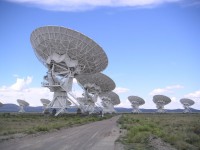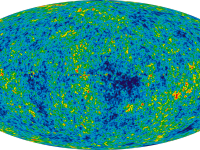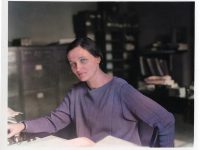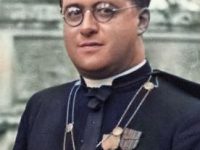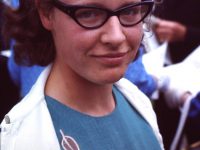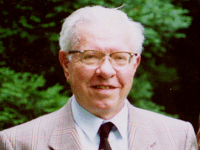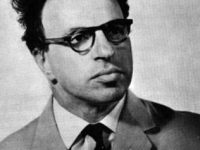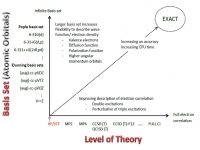Sir Martin Ryle’s Breakthrough in Radio Astronomy with Aperture Synthesis
On September 27, 1918, English radio astronomer and Nobel Laureate Sir Martin Ryle was born. Ryle developed revolutionary radio telescope systems and used them for accurate location and imaging of weak radio sources. He was Astronomer Royal from 1972 to 1982 and shared the Nobel Prize in Physics in 1974 with Antony Hewish, the first Nobel prize awarded in recognition of astronomical research. “I think that the event which, more than anything else, led me…
Read more

